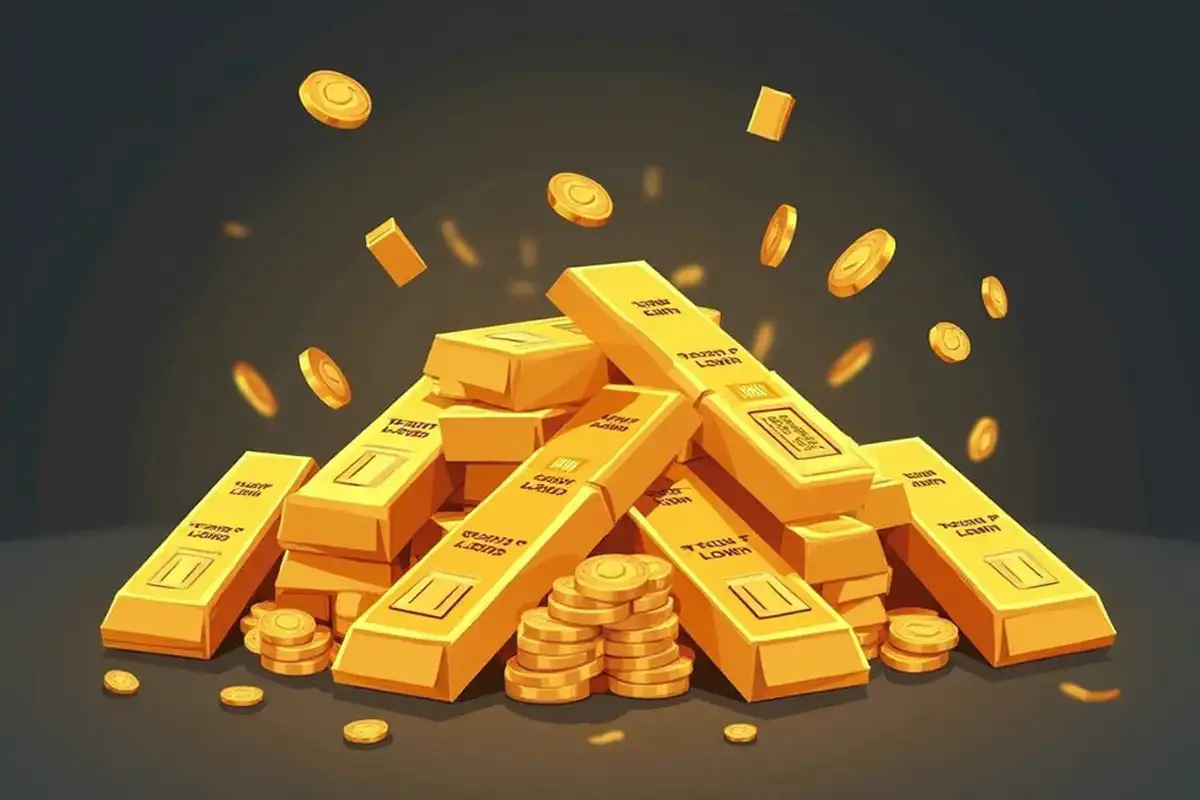Money! - then they rise in price, then they fall, they knock down the correctness of making some decisions. You keep thinking where it is better to invest, so as not to lose all the hard work you have gained. This unpredictability throws many off balance, and sometimes you wonder what their essence is in general and why they were invented.
Let's try to figure it out using a simple example.
Let's say there is a certain state that does not have its own monetary unit. And in the system of its trade relations, the principle of banal commodity exchange operates - one for the other.
What it means.
Each subject (resident) covers its needs purely by exchanging its products for the one that it needs.

That is, for example, Sidorov needs cheese, which Petrov produces, and Petrov needs furniture (cabinet), which Ryzhikov produces. In turn, Ryzhikov needs bread, which Ivanov makes, and Ivanov needs clothes, which Sidorov sews. Thus, Sidorov's interests are realized by exchanging clothes for bread, and bread for furniture, and that, in turn, for cheese.
Clothing Bread Furniture Cheese
Naturally, the amount of one exchanged for another is carried out based on the ratio of supply and demand for these goods in this state. Well, for example, if very little cheese is produced, and many people need it, then even a small amount of it can get a lot, for example, clothes, the supply and demand for which is small relative to the same cheese.
As a result, you will agree, it turns out not the simplest scheme of trade relations in this state, especially if you also take into account trade outside of it and the need for tax (fiscal) contributions to the treasury.

So, in order to streamline this entire trading system and simplify the process of buying and selling goods and services, money was once invented (around 680 BC). We can say ordinary pieces of paper / coins that were regulated by the government of the country with the possibility of exchanging them for goods / services.
How much the buyer needed to give these pieces of paper (money) to the seller for the purchased product was already determined by the ratio of supply and demand for this product in an open market. This principle has been preserved to this day, on the basis of which a market pricing system is formed.
That's how it would be all right if the number of these pieces of paper (or electronic records) could not be spontaneously drawn (printed) by the governments of states. Hence, an imbalance in the ratio of money and goods began to form in the world community.
Of course, the money-commodity approach is convenient in calculations, but it is difficult to control, from which it sometimes negatively affects people and business.
In such a situation, an unreasonable approach to monetary policy may contribute to 2 scenarios:
- inflation everyone is happy due to high liquidity in the economy. A high level of wages is a high incentive to spend money (cheap money), which contributes to an increased increase in prices (without a reasonable production growth of goods and services) and, ultimately, the falling solvency of the population. Well, imagine the situation, you produce a product and it costs you 100 rubles.and people buy it for that price. Tomorrow, the situation with production has not changed (you produce as much as you did), but people have more money and they are ready to spend more. Naturally, against this background, you raise prices to the level of, for example, 110 rubles, while maintaining the balance of supply and demand.
- The recession is a slowdown in the economic development of the real sector due to low liquidity (a small amount of money in the country's economy). This situation corresponds to a tight monetary policy (expensive money), when the state seeks to limit the spending of money by the population and businesses by increasing interest rates, encouraging them to save. And this is a drop in production and, as a result, a drop in wages, an increase in unemployment, a blow to the rating of the authorities.
Today, states, within their jurisdictions, are trying to regulate this imbalance and, unfortunately, sometimes relying not on the economy, but on political ambitions and thirst for power.
The existing system of settlement and monetary relations has given rise to more sophisticated ways of devaluing its equivalent, which is its main drawback in relation to purely commodity exchange, which does not take into account inflation, and price changes in it occur only purely due to the supply and demand of traded goods
It is not difficult to guess now why the monetary authorities, who cannot take control of any other more efficient settlement mechanism in their system (for example, the same crypt) are trying to avoid it by any means.
The essence of money - why they were invented - Somehow!


































